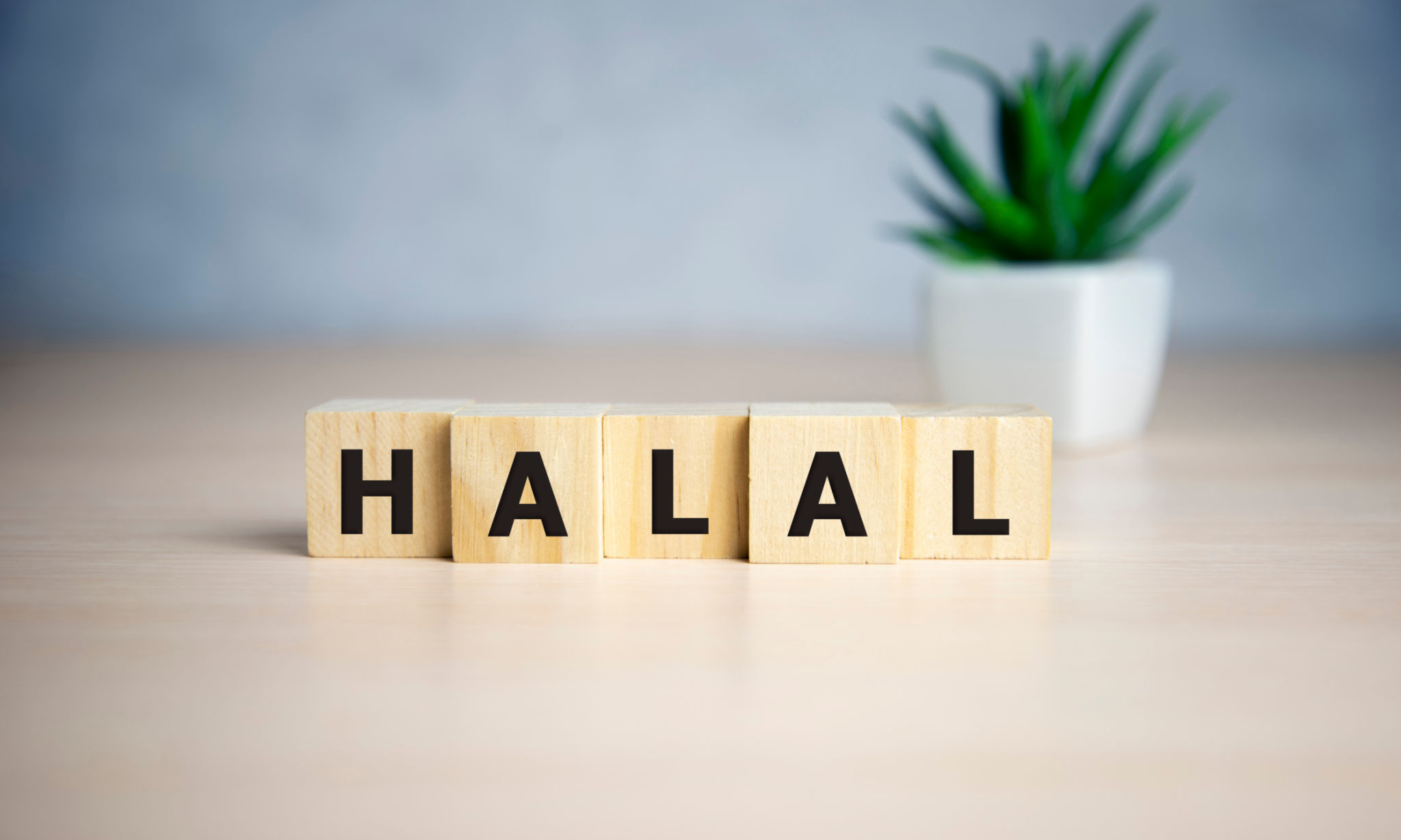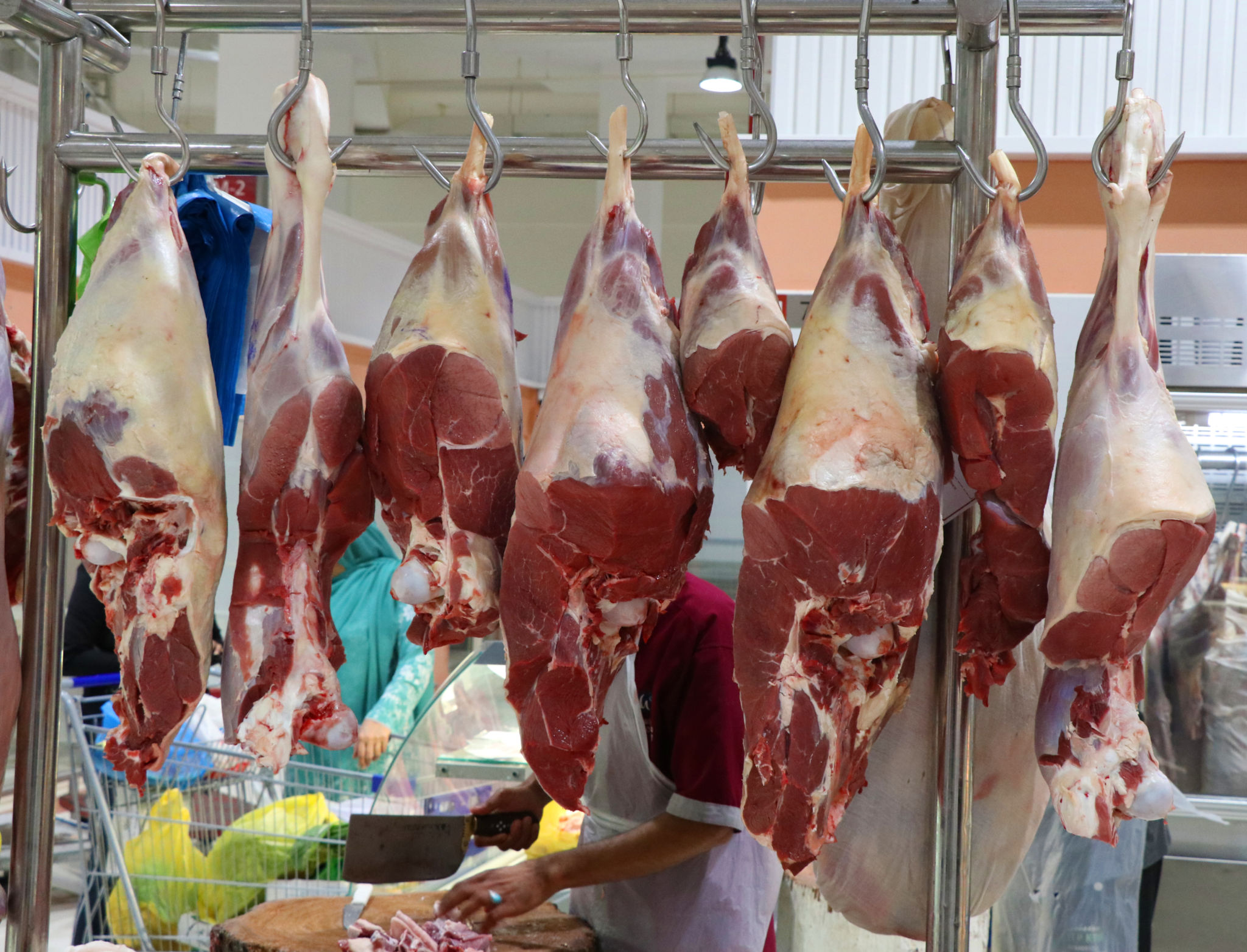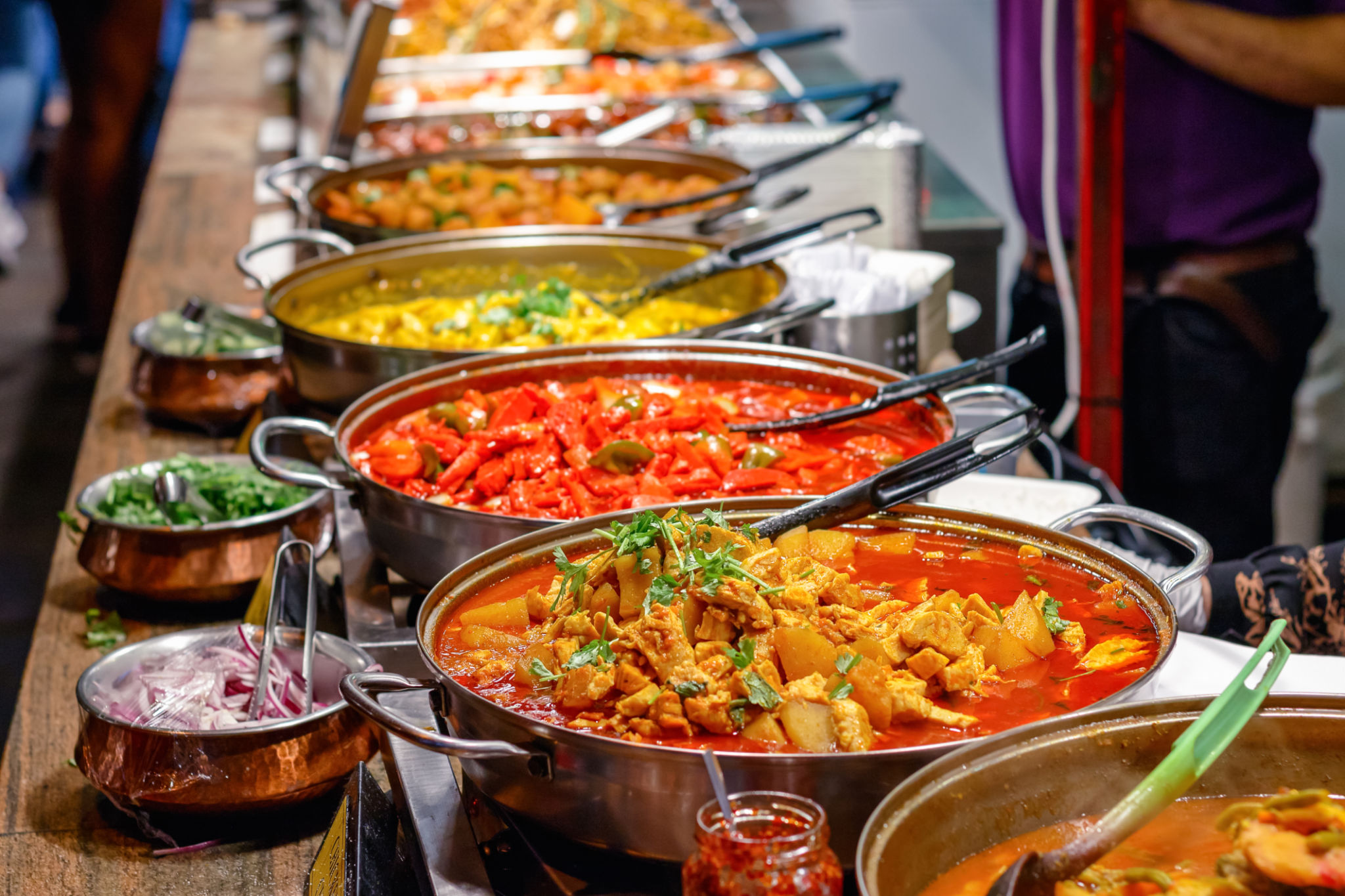Halal Grocery Shopping 101: What You Need to Know
Understanding Halal: A Brief Overview
Halal, an Arabic term meaning "permissible," refers to anything that is allowed or permissible in Islamic law. When it comes to food, halal signifies that the products are prepared and processed in accordance with religious guidelines. This includes ensuring that the animals are slaughtered humanely and that no haram (forbidden) substances, such as alcohol or pork, are involved in the processing.
For Muslims, adhering to a halal diet is not just a dietary preference but a significant aspect of their faith. Whether you're new to halal shopping or simply want to be more informed, understanding these principles is crucial to making the right choices.

How to Identify Halal Products
Identifying halal products can be straightforward if you know what to look for. Packaging often features a halal certification label, which indicates that a credible Islamic authority has verified the product as halal. These labels can be found on a variety of food items, from meat and poultry to snacks and beverages.
However, not all products have clear labeling. In such cases, it's essential to carefully read the ingredients list. Look out for any haram ingredients like gelatin derived from non-halal sources or food additives that may contain alcohol.
Common Halal Certifications
Some of the widely recognized halal certification bodies include:
- Islamic Food and Nutrition Council of America (IFANCA)
- Halal Food Authority (HFA)
- Islamic Society of North America (ISNA)
These organizations ensure that the products are compliant with halal standards, providing consumers with peace of mind.

Shopping for Halal Meat and Poultry
When it comes to halal meat and poultry, it's essential to verify that the slaughtering process was conducted following Islamic guidelines. Many grocery stores now have dedicated sections for halal meat, providing a variety of options such as beef, chicken, lamb, and goat.
For those who prefer buying from local butchers, inquire about their sourcing and slaughtering practices. Some butchers may even allow you to visit their facilities to ensure transparency and adherence to halal standards.
The Importance of Cross-Contamination Awareness
Cross-contamination is an important consideration when shopping for halal products. Make sure that halal items are not stored with or near non-halal items in your shopping cart or at home. This is particularly crucial for meat products that may come into contact with pork or other haram substances.

Exploring Halal Alternatives and Substitutes
For many traditional dishes, finding halal alternatives can be quite simple. A growing number of brands offer halal-certified versions of popular foods such as sausages, bacon, and even marshmallows. These alternatives provide similar taste experiences without compromising on religious values.
If you're unsure about certain products, consider reaching out to manufacturers for clarification or seek recommendations from local Muslim communities. Online forums and social media groups can also be valuable resources for discovering new halal-friendly products and brands.
Navigating International Halal Markets
If you enjoy international cuisine, exploring halal markets can be an exciting adventure. Many cities have specialty stores that offer a wide range of halal products from around the world, allowing you to experiment with flavors while adhering to dietary guidelines.

In conclusion, halal grocery shopping involves understanding religious guidelines, identifying certified products, and being mindful of cross-contamination. By following these tips, you can ensure that your shopping aligns with your beliefs while enjoying a diverse range of delicious foods.